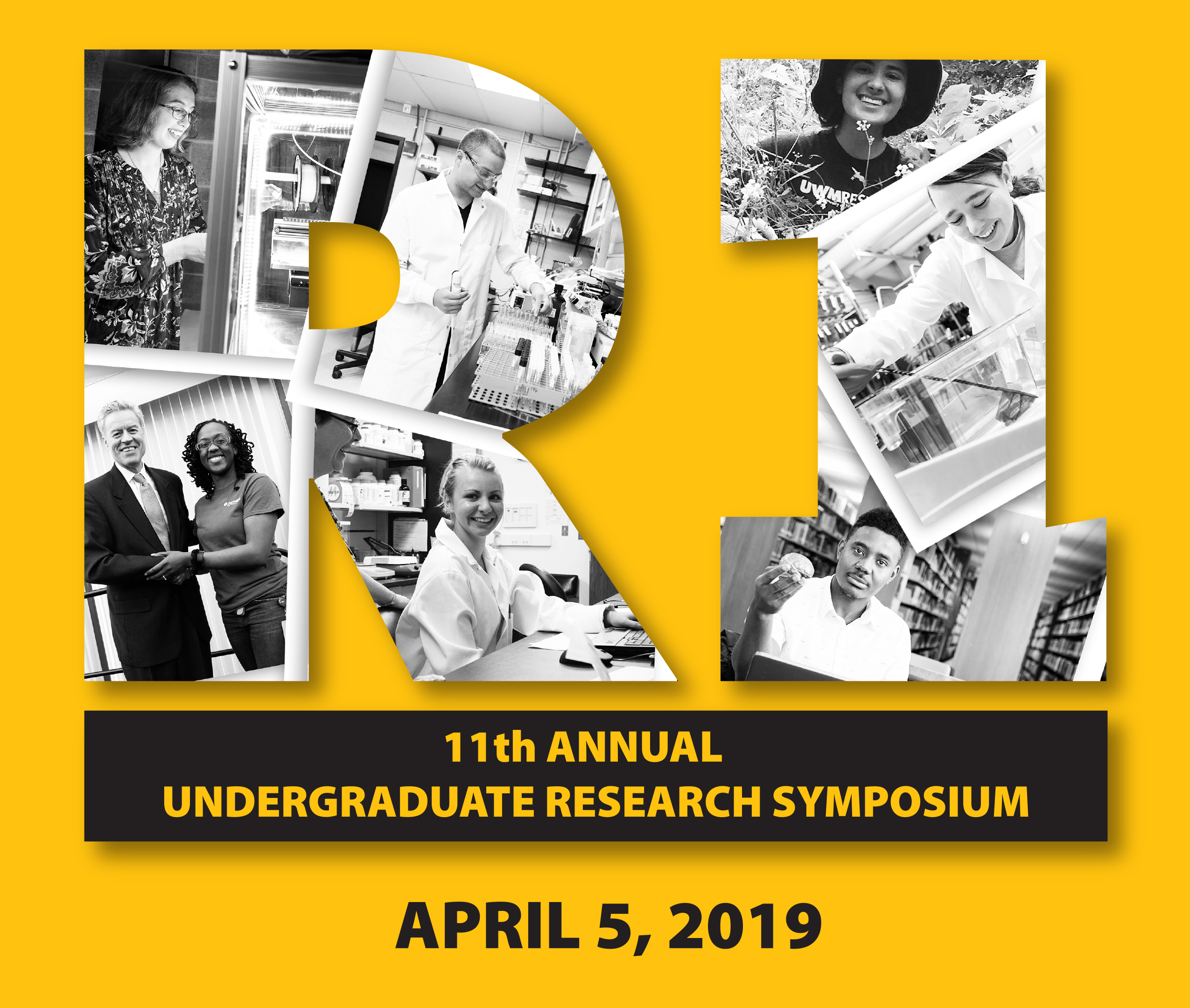E-liquid Promotion Perceptions on Instagram
Mentor 1
Linnea Laestadius
Location
Union Wisconsin Room
Start Date
5-4-2019 1:30 PM
End Date
5-4-2019 3:30 PM
Description
As the e-liquid market continues to develop and expand, new avenues are being utilized for advertisement and marketing. E-liquids are the fluids used to deliver a nicotine to a vapor. E-cigarettes use e-liquids to deliver optional nicotine and flavor. Social media has become helpful to the e-liquid industry in terms of marketing their content to young adults. This study aimed to analyze e-liquid marketing on Instagram through focus groups and qualitative content analysis. We took part in recruiting and note-taking for the focus groups. Specifically, we searched for 18 to 24-year old non-smokers, vapers, smokers, or dual users for focus groups. We posted flyers at local schools, coffee shops, grocery stores, and vape shops. In the focus groups, participants were shown five e-liquid advertisements from various Instagram accounts. They were asked to mark what they liked and did not like about the image, and then were asked to discuss among themselves. Some of the themes discussed include hashtag use, caption length, warning labels, colors, and flavors. Color and flavor imagery were also explored in the image content analysis, in which one undergraduate and one graduate assistant engaged in coding 1,500 e-liquid related posts from Instagram. The coding sought to determine if certain themes were more prevalent than others in colors, flavors, or imagery of the posts. The results of the study are still being finalized.
E-liquid Promotion Perceptions on Instagram
Union Wisconsin Room
As the e-liquid market continues to develop and expand, new avenues are being utilized for advertisement and marketing. E-liquids are the fluids used to deliver a nicotine to a vapor. E-cigarettes use e-liquids to deliver optional nicotine and flavor. Social media has become helpful to the e-liquid industry in terms of marketing their content to young adults. This study aimed to analyze e-liquid marketing on Instagram through focus groups and qualitative content analysis. We took part in recruiting and note-taking for the focus groups. Specifically, we searched for 18 to 24-year old non-smokers, vapers, smokers, or dual users for focus groups. We posted flyers at local schools, coffee shops, grocery stores, and vape shops. In the focus groups, participants were shown five e-liquid advertisements from various Instagram accounts. They were asked to mark what they liked and did not like about the image, and then were asked to discuss among themselves. Some of the themes discussed include hashtag use, caption length, warning labels, colors, and flavors. Color and flavor imagery were also explored in the image content analysis, in which one undergraduate and one graduate assistant engaged in coding 1,500 e-liquid related posts from Instagram. The coding sought to determine if certain themes were more prevalent than others in colors, flavors, or imagery of the posts. The results of the study are still being finalized.


